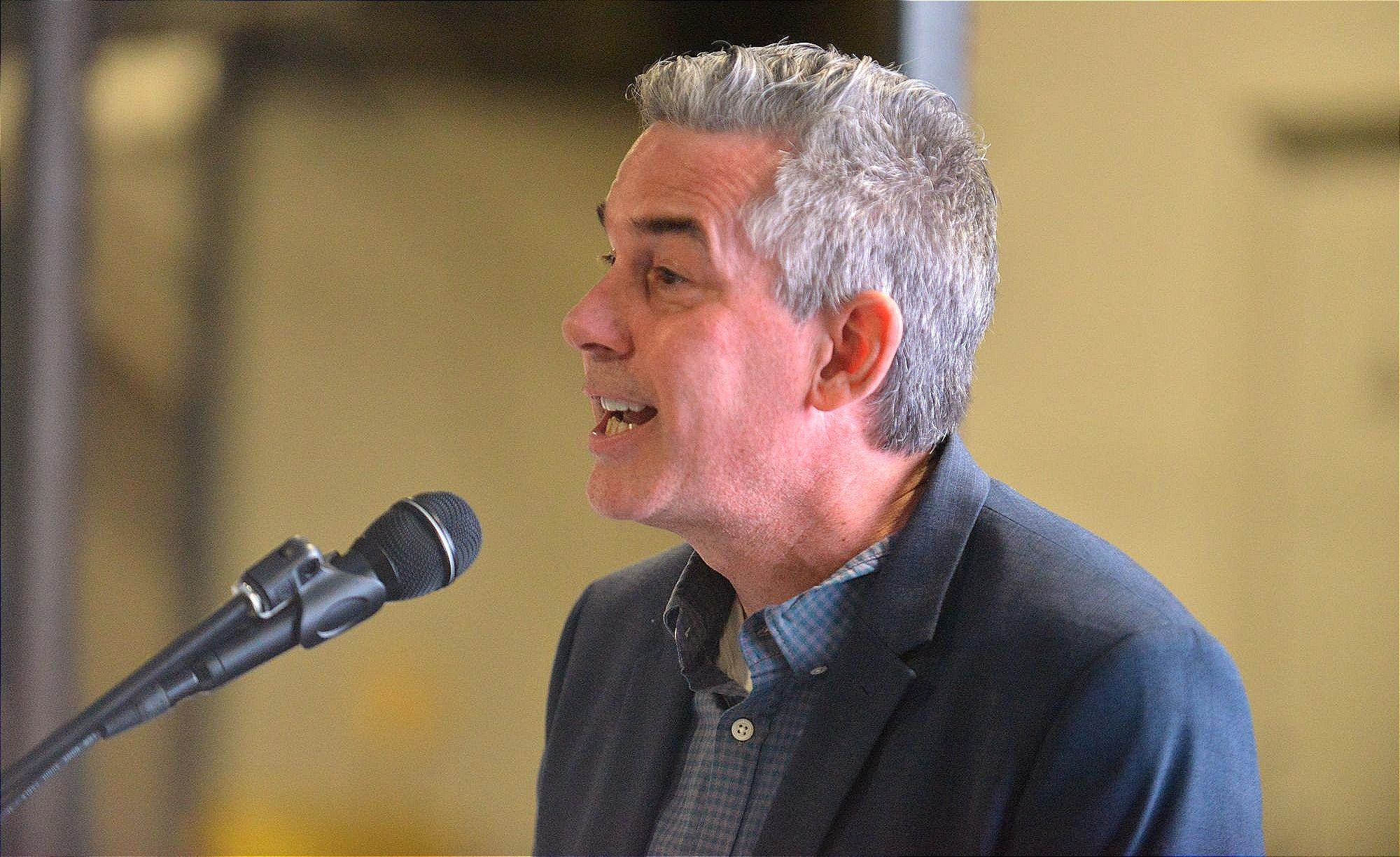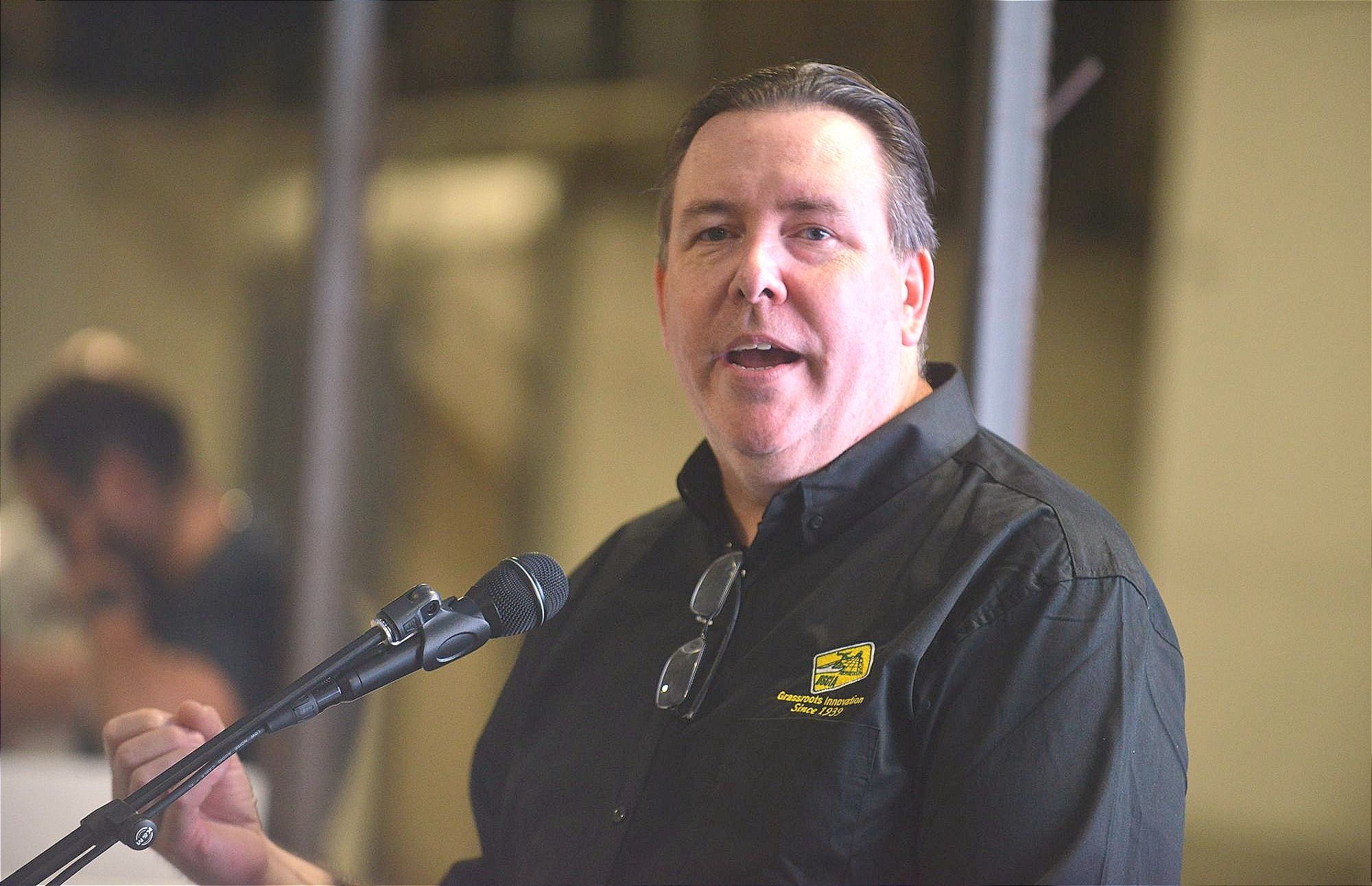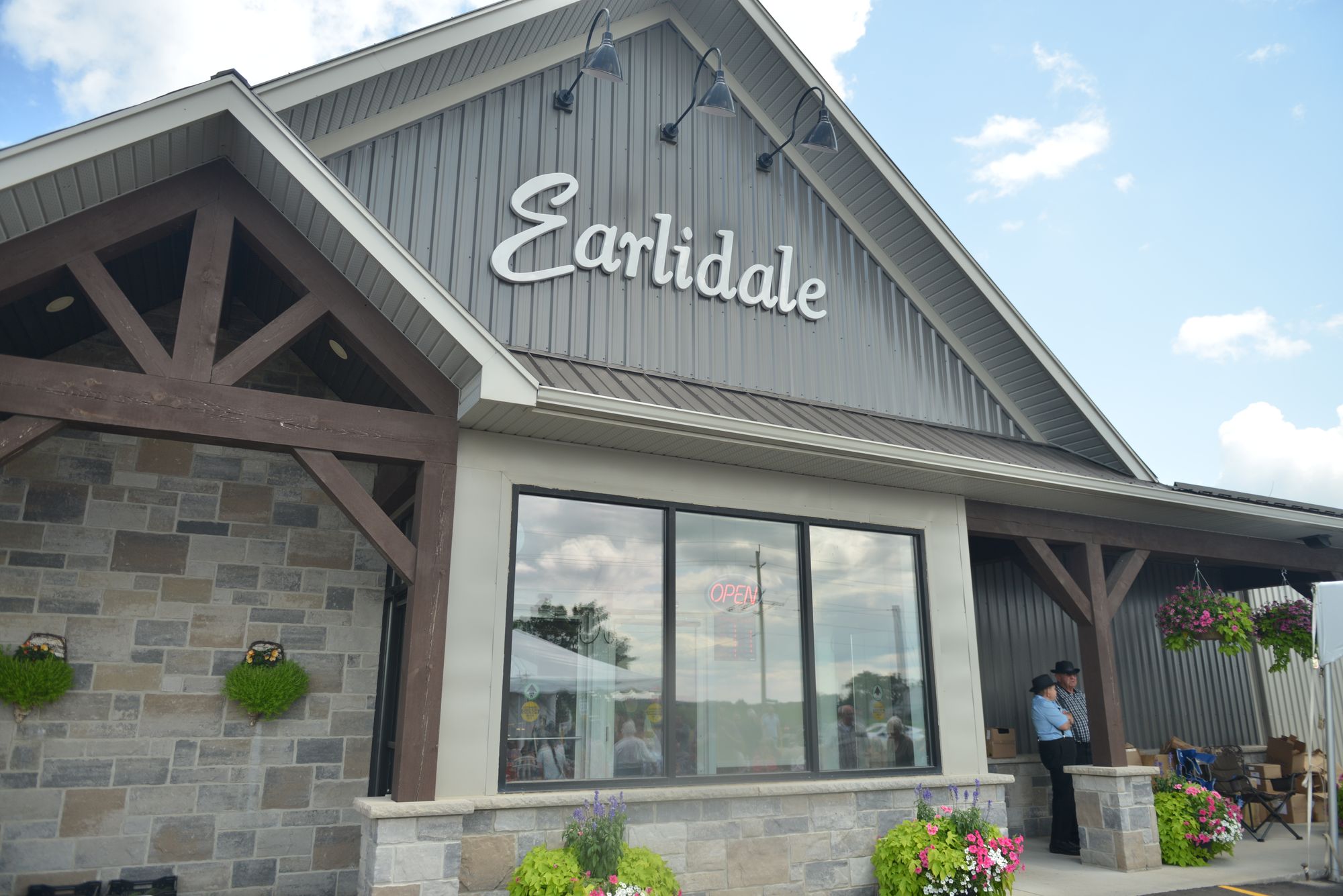Improving farming practices to boost the sector’s response to climate change is the focus of the federal government’s Agricultural Climate Solutions program, which last week announced $9.2 million in funding for the latest “living lab” project.
Kitchener-Conestoga MP Tim Louis was at the Grand River Agricultural Society office in Elora July 20 to make the announcement. The projects bring together researchers and farmers to evaluate farm practices in several areas, including livestock and cropping systems, nitrogen use, manure storage, landscape management, and grazing management.
The latest of what will be 14 living labs across the country will be led by the Ontario Soil and Crop Improvement Association (OSCIA). Industry investment will bring the total amount spent on the project to more than $12 million.
This lab will involve up to 50 farms in the province.
“The living lab is going to be supported by a diverse range of agricultural stakeholders, all of whom share that common commitment to climate-friendly practices for crop and livestock production systems. The projects will help farmers build in the great work protecting the environment, which is also going to focus on profitability and production. We need both at the same time to ensure that the practices are both good for the environment, and also good for farmers’ bottom line,” said Louis.
Alan Kruszel, a board member with OSCIA, said that although some great agriculture research has been done across Canada, it doesn’t always make it into the hands of farmers.
“This way, with farmers working directly with the researchers, we can ask the tough questions, the researchers can do the research, get us the answers, we need to move ahead in a more environmentally sustainable way,” he said.
Economic sustainability will also be a key part of the lab, Kruszel added.

“A lot of the times we hear about, we’re going to do environmental sustainability, but we forget about the economic portion – farmers can’t afford to do everything for free.”
This follows a previous living lab in Ontario that started five years ago, said Pamela Joose, a soil and nutrient specialist with Agriculture and Agri-Food Canada.
“The first living lab…had a very broad environmental agenda. The new one is really focusing now on climate-friendly practices. So looking to sequester carbon and reduce greenhouse gas emissions. There are other environmental co-benefits, but the focus and emphasis has changed a bit in this new program,” Joose said.
That farms have a low-profit margin and are at the mercy of external factors is the reason for the government to invest in the lab, Louis said.
“Whether it’s climate that we’re seeing, or just global affairs, things that are happening all over the world, they also have to make a living and put food on their own tables. This government support is going to allow them to do that research and share those best practices. Farmers have been sharing best practices for years and years just going over the fences. This allows it to be scaled up,” said Louis.









